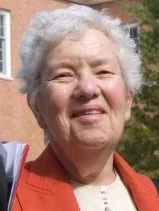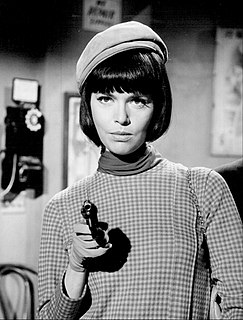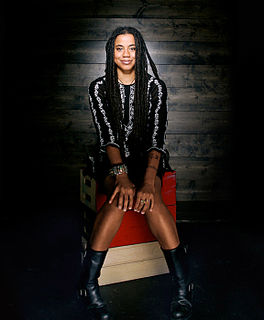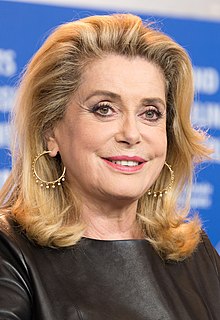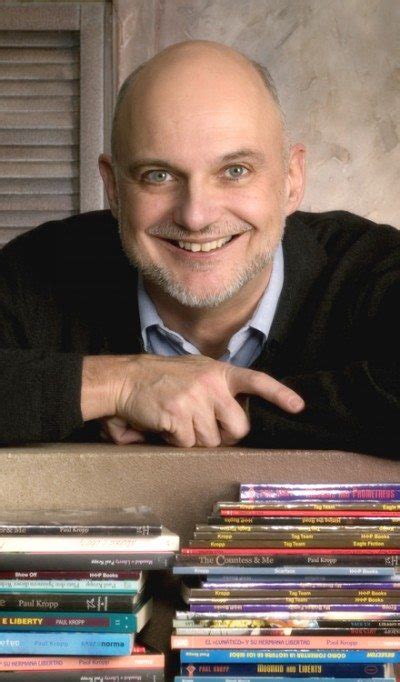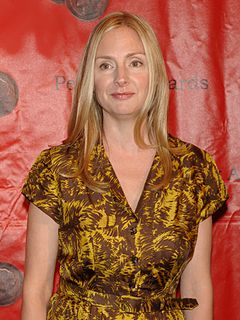A Quote by Robert Benchley
There is a note in the front of the volume saying that no public reading may be given without first getting the author's permission. It ought to be made much more difficult to do than that.
Related Quotes
I soon found an opportunity to be introduced to a famous professor Johann Bernoulli. ... True, he was very busy and so refused flatly to give me private lessons; but he gave me much more valuable advice to start reading more difficult mathematical books on my own and to study them as diligently as I could; if I came across some obstacle or difficulty, I was given permission to visit him freely every Sunday afternoon and he kindly explained to me everything I could not understand.
I know publishing now more as an author than with occasional peaks inside those elite offices than as an industry insider. It was difficult publishing a novel the first time around, while working behind the scenes, knowing all that has to happen to make a book a success and to still make the leap as an author.
If the account given in Genesis is really true, ought we not, after all, to thank this serpent? He was the first schoolmaster, the first advocate of learning, the first enemy of ignorance, the first to whisper in human ears the sacred word liberty, the creator of ambition, the author of modesty, of inquiry, of doubt, of investigation, of progress and of civilization.
Some people think I am an issue-oriented writer, but I've never said to myself, I'm gong to write about such-and-such an issue - that would make for incredibly boring writing, at least to my taste. Creating someone I don't know and her made-up world shows us more about who we are - is actually a better mirror - than if I were to parade in front of you an instantly recognizable person in an instantly recognizable situation. I'm not saying, Let's make it all abstract and weird and difficult and thereby you will know more about yourself. My process is much more organic than that.
Getting older is not nice for anyone, not for men, not for women, and even more difficult for people who depend on their physical appearance. But it's not a drama. I know some people who are much more stressed than I am. And also, I live in Europe; I think it would be much more difficult if I lived in America.
My grandfather once ventured upon publishing a volume of hymns. I never heard anyone speak in their favour or argue that they ought to have been sung in the congregation. In that volume, he promised a second if the first should prove acceptable. We forgive him the first collection because he did not inflict another.
The liberal appropriations made by the legislature of Kentucky for a general system of education cannot be too much applauded . . . . Learned institutions ought to be the favorite objects with every free people. They throw that light over the public mind which is the best security against crafty and dangerous encroachments on the public liberty . . . . What spectacle can be more edifying or more seasonable than that of liberty and learning, each leaning on the other for their mutual and surest support?
There is nothing in the world more difficult than candor, and nothing easier than flattery. If there is a hundredth of a fraction of a false note to candor, it immediately produces dissonance, and as a result, exposure. But in flattery, even if everything is false down to the last note, it is still pleasant, and people will listen not without pleasure; with coarse pleasure, perhaps, but pleasure nevertheless.



